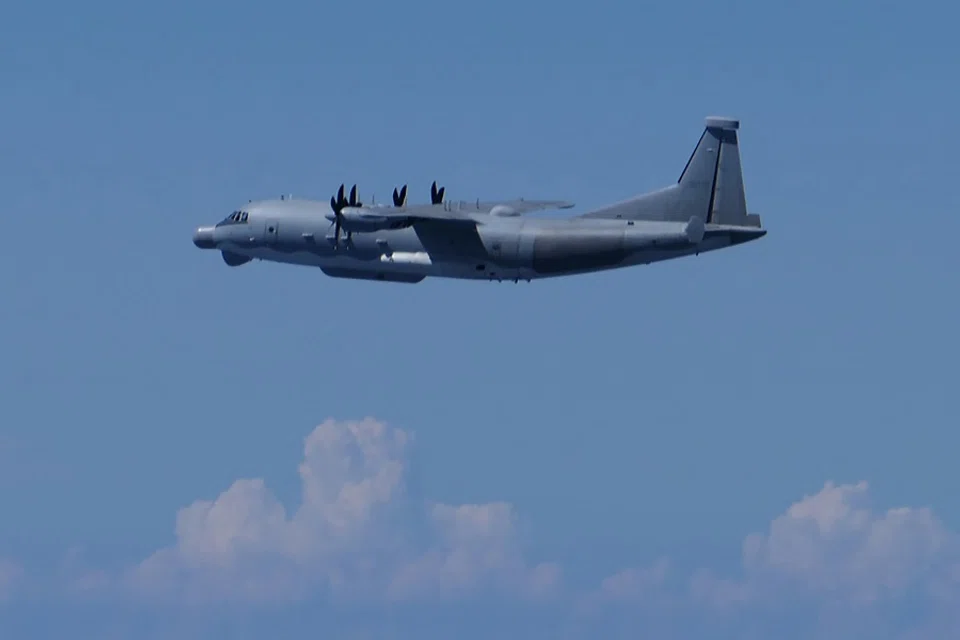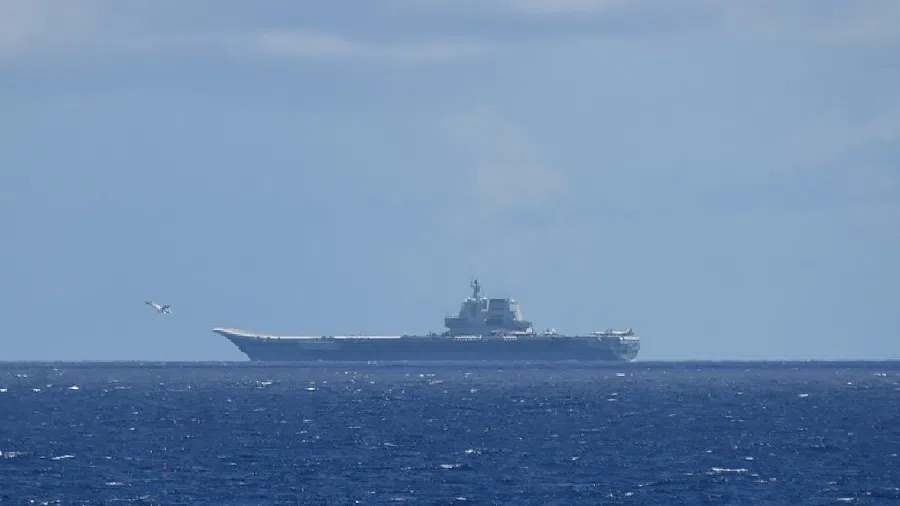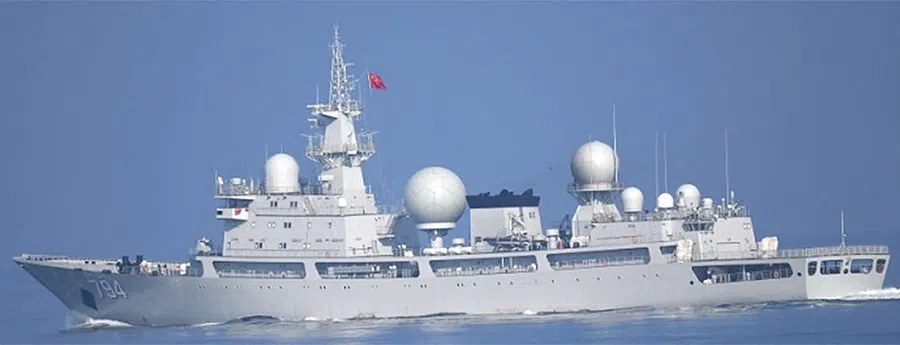Japanese academic: Are China’s actions in Japanese waters and airspace legal?
Japanese academic Shin Kawashima notes that the recent appearance of Chinese naval and aircraft in Japanese waters and airspace shows Japan and China have different ideas of what is “allowed”, which could lead to misunderstandings.

On 26 August 2024, a People’s Liberation Army (PLA) Shaanxi Y-9 reconnaissance aircraft violated the airspace over Japanese territorial waters off the Danjo islands in Nagasaki prefecture at approximately 11:30 am.
In addition, on 31 August a PLA Navy reconnaissance ship entered Japanese territorial waters southwest of Kuchinoerabujima island in Kagoshima prefecture in the Tokara Strait. Also, in June this year, a Chinese public vessel deployed a buoy in the waters of the Shikoku Basin north of Japan’s southernmost island, Okinotorishima.
China has been increasing its activities around the Senkaku islands in the East China Sea and near Japan, but in 2024 its activities have become more pronounced. Needless to say, these actions have put considerable pressure on Japan, further worsening Japanese public opinion toward China and becoming a major obstacle to the improvement of Japan-China relations. However, whether these actions are legal or illegal under international law requires a separate discussion.
Different interpretations of international law
For example, considering the three cases above, the intrusion of Japanese airspace by the PLA Y-9 reconnaissance plane was unprecedented and constitutes a clear violation of international law. Prior to this, a Japanese Maritime Self-Defense Force ship had passed through Chinese territorial waters off the coast of Zhejiang province. Some interpret the Y-9’s actions as China’s retaliation against Japan’s “unintentional” and “technical” manoeuvres. In response, the Chinese foreign ministry has merely stated that China does not intend to invade any country’s airspace.
On other issues, however, Japan and China have different understandings of the “facts”.
Japan and China have different positions on the need for prior notification and permission for foreign warships to innocently pass through a country’s territorial waters.

First, there is the Tokara Strait incident. China acknowledges that a Chinese naval intelligence ship passed through the area. However, China considers this area to be an “international strait where free navigation is allowed”, asserting that “the vessels of all nations enjoy the right of transit passage, and prior notification or permission is not required”. Japan, on the other hand, argues that it is “not an international strait where free navigation is allowed”, and since “it is our territorial waters, only innocent passage is allowed”.
The need to give prior notice
Another important point to note is that Japan and China have different positions on the need for prior notification and permission for foreign warships to innocently pass through a country’s territorial waters.
China requires permission for foreign warships to pass through its territorial waters. Japan, on the other hand, has stated that under its innocent passage system, it is not required by international law to obtain permission or prior notification from foreign warships entering its territorial waters. However, the Japanese government encourages prior notification.
According to these different positions, from the Japanese perspective, the Tokara Strait does allow for the innocent passage of foreign vessels. Therefore, the Japanese government only expressed to the Chinese side its “concern over the escalation of the Chinese military’s actions in the waters surrounding Japan”, and refuted the Chinese government’s perception of the Tokara Strait as an “international strait that can be freely navigated”.

The next issue is the installation of buoys in the Shikoku Basin area. This is the area where Japan applied to the UN Commission on the Limits of the Continental Shelf (CLCS) in 2008 to extend its continental shelf, an application which was approved.
China objected to the application. China claims that Okinotorishima is not an island, but rather a rock. If it is classified as a rock, it cannot serve as the basis for an Exclusive Economic Zone (EEZ), which conflicts with Japan’s position that it is indeed an island.
The CLCS accepted Japan’s application almost as is, and the extension of the continental shelf in the Shikoku Basin area was approved. As a result, Japan can now exercise its sovereign rights to explore the seabed and develop resources in the area.
Recently, China has been conducting various geospatial surveys in the Western Pacific region and around the world. This is likely part of such surveys, but it has strongly provoked Japan, given its unprecedented nature.
Technicalities preventing official protests
However, since it is a continental shelf and not an EEZ, permission from the coastal state is not required for maritime surveys in the superjacent waters. Therefore, Japan cannot protest against China’s actions.
For this reason, Japan expressed its “regret” over the fact that China had installed buoys “without providing details such as objectives or plans” and requested an explanation from the Chinese side.
Recently, China has been conducting various geospatial surveys in the Western Pacific region and around the world. This is likely part of such surveys, but it has strongly provoked Japan, given its unprecedented nature. However, since it cannot be definitively deemed illegal under international law, Japan has limited itself to requesting an explanation.
Some actions by China are deemed illegal by others, while China considers them “legal” under its interpretation of international law. However, for the sake of peace and stability in East Asia and the Western Pacific, there is no need to deliberately heighten concerns among neighbouring countries. It is important to prevent psychological escalation by providing advance notice and clear explanations of actions.





